NEET Controversy: Rahul Gandhi Calls for Parliamentary Debate
The National Eligibility cum Entrance Test (NEET) has once again found itself at the center of controversy. Rahul Gandhi, a prominent leader of the Indian National Congress, has raised concerns about the examination and called for a comprehensive debate in Parliament. This blog post delves into the issues surrounding NEET, Gandhi’s argum
ents, and the broader implications for India’s education system.
Understanding NEET
NEET is a standardized entrance examination for students seeking admission to undergraduate medical and dental courses in India. It aims to streamline the admission process and ensure a uniform assessment of candidates. However, NEET has faced criticism and controversy over the years, primarily related to its implementation, accessibility, and fairness.
Rahul Gandhi’s Call for Debate
Rahul Gandhi has highlighted several key issues with NEET, which he believes warrant a detailed discussion in Parliament:
- Accessibility and Equity: Gandhi argues that NEET disadvantages students from rural and economically weaker backgrounds. The examination often requires access to quality coaching and resources, which are more readily available in urban areas. This disparity, he contends, undermines the principle of equal opportunity.
- Language Barriers: The language in which NEET is conducted has been a point of contention. While NEET is offered in multiple languages, Gandhi suggests that students who
- are not proficient in English or Hindi are at a significant disadvantage. He advocates for a more inclusive approach that accommodates India’s linguistic diversity.
- Mental Health Concerns: The pressure associated with NEET can take a toll on students’ mental health. Gandhi has called for measures to address the psychological stress experienced by aspirants, including better support systems and counseling services.
- Transparency and Fairness: Instances of alleged malpractices, paper leaks, and inconsistencies in the examination process have raised questions about the integrity of NEET. Gandhi emphasizes the need for greater transparency and stringent measures to ensure a fair and unbiased assessment.
Broader Implications for Education
The debate over NEET is not just about a single examination; it reflects broader concerns about India’s education system. Here are some of the implications:
- Education Inequality: The controversy highlights the persistent inequalities in access to quality education. Addressing the challenges faced by students from marginalized communities is crucial for creating a more equitable system.
- Examination Reforms: The issues surrounding NEET underscore the need for comprehensive examination reforms. This includes not only improving the conduct of NEET but also rethinking how entrance exams are structured and implemented across the board.
- Mental Health in Education: The mental health of students is an often-overlooked aspect of education policy. The NEET controversy brings to light the importance of providing adequate mental health support to students, particularly those preparing for high-stakes exams.
- Policy and Governance: Gandhi’s call for a parliamentary debate underscores the role of policymakers in addressing the concerns of students and stakeholders. It also highlights the importance of governance in ensuring that educational policies are implemented effectively and fairly.
Conclusion
Rahul Gandhi’s call for a parliamentary debate on NEET reflects the growing concerns about the examination and its impact on students. Addressing the issues of accessibility, equity, mental health, and transparency is crucial for creating a fairer and more inclusive education system in India. As the debate unfolds, it is essential for policymakers, educators, and stakeholders to work together to ensure that NEET and other entrance examinations serve their intended purpose without disadvantaging any group of students.
By bringing these issues to the forefront, Gandhi aims to foster a more inclusive and equitable approach to medical education in India. The outcome of this debate could have far-reaching implications for the future of entrance examinations and the broader education system in the country.
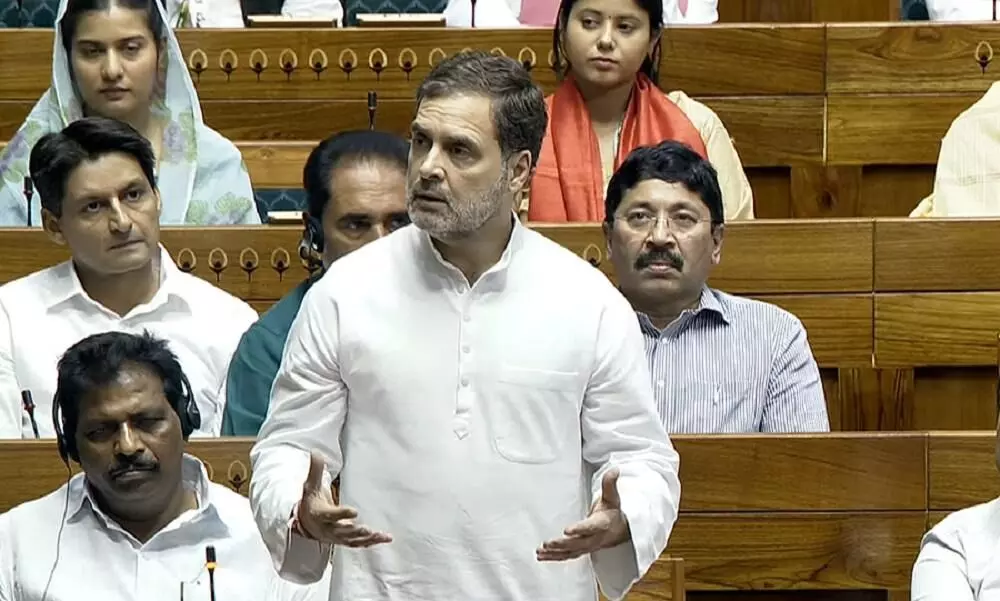
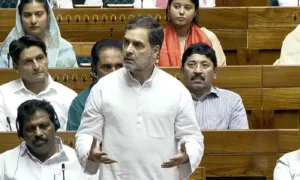




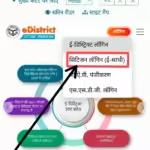


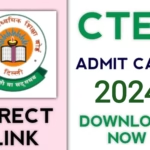
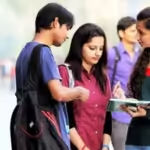
Thanks for deliver appropriate information.
Superb and well-thought-out content! If you need some information about Web Servers, then have a look here Webemail24